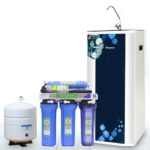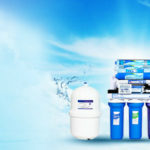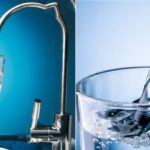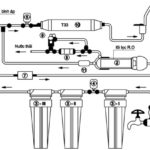The trend of using bottled pure drinking water is becoming more and more popular in every household and business due to the safety and convenience they provide.
Let’s explore what purified drinking water is and the reasons why we should use them every day with Safe Meals.

Understanding purified water and the reasons for using them
Bottled purified water is a type of water that contains only two chemical components: Oxygen and Hydrogen, with the chemical formula H2O. The reason why purified water does not contain other minerals is that the water has undergone filtration and treatment.
This type of bottled water is usually treated with modern filtration technologies or opportunity-based methods, suitable for direct use and does not contain any harmful ingredients to human health.
Purified water is used in various fields, including pharmaceutical manufacturing, serving for chemical and technical experiments, production lines…
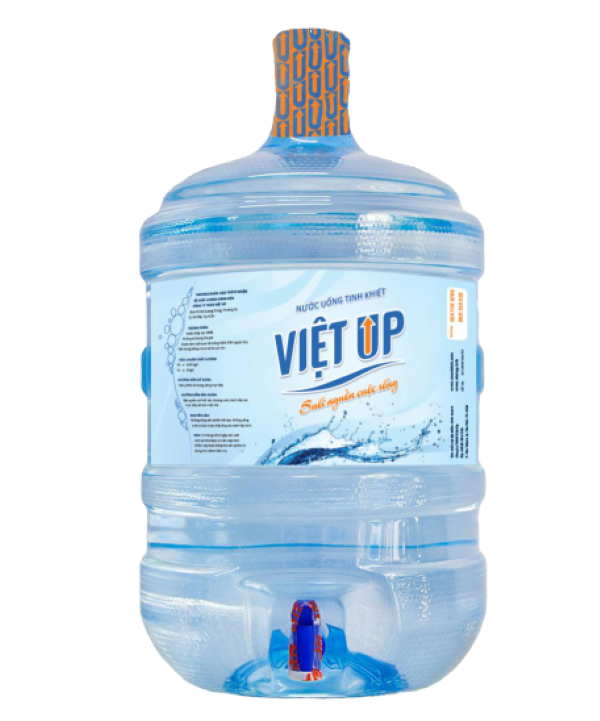
What is purified drinking water
Why should we use purified drinking water instead of boiling water to cool?
Currently, most families in Vietnam use boiled water to cool, which is taken from water plants. However, according to experts, this water source does not guarantee 100% safety for human health due to the quality of the water filtration system of some plants that is not truly guaranteed.
Not only that, the cleanliness of the water pipes is also a big question. Are these water pipes always clean and do not contain any harmful bacteria?
This water source may still contain a small amount of metals such as Fe, Ca, Mg, Arsenic… and many types of harmful bacteria, parasites to human health.
That’s why many families nowadays tend to use pure drinking water instead of boiled water to cool to ensure their own health.

Use purified drinking water instead of boiling water to cool
Address to buy high-quality bottled purified drinking water
Currently, there are many addresses distributing pure drinking water on the market, however, choosing a reputable address will make you feel more secure during the use.
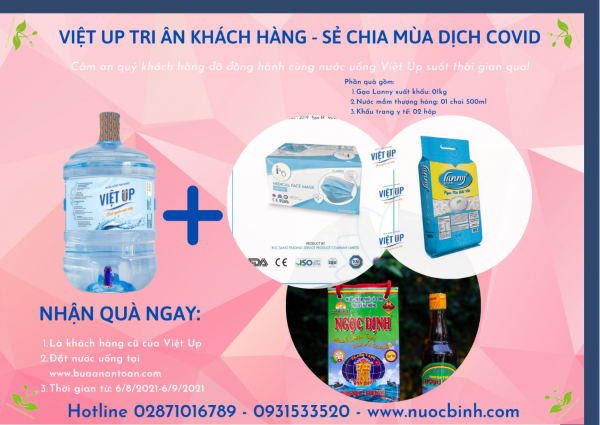
Viet Up – accompanying Vietnam through the Covid pandemic

Join hands in implementing epidemic prevention with Ho Chi Minh City and the whole country
If you are looking for a reputable distributor of bottled purified drinking water, please refer to our website at Safe Meals. We specialize in providing bottled purified water products with various options, depending on the needs of customers.
Contact us now via hotline for more advice on products and accompanying services!
Where to Buy Reliable, High-Quality, and Affordable Water Filters in Hanoi
Water filters are becoming increasingly popular, convenient, and widely used by many Vietnamese households to ensure health, safety, and clean water for daily use. Various brands have introduced different models to meet the needs of consumers. This article will share with everyone reliable and high-quality water filter retailers in Hanoi that offer competitive prices.
























